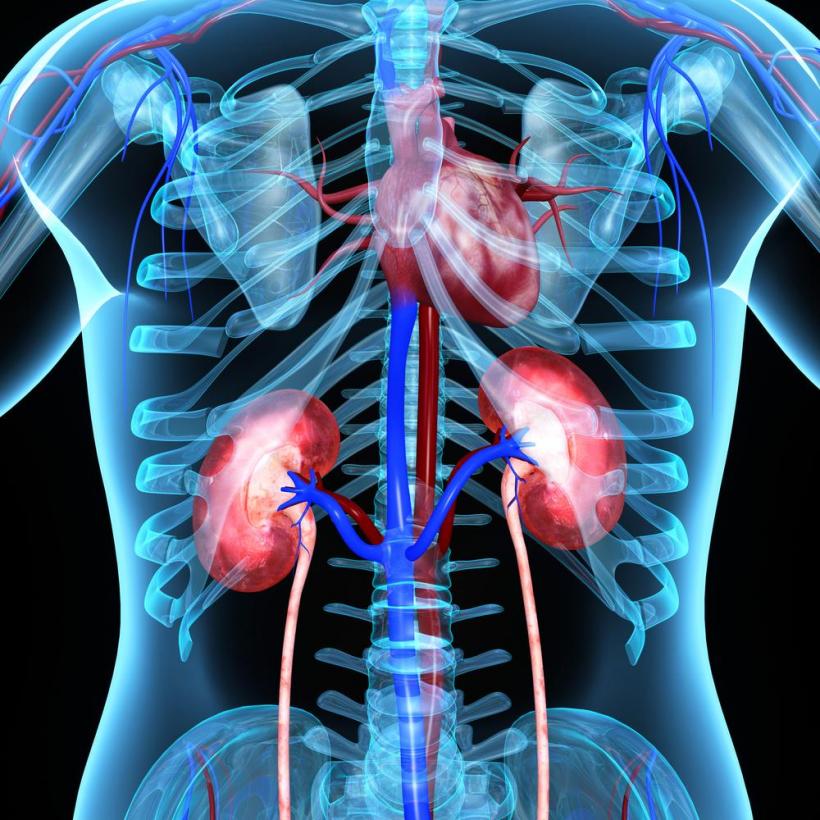Source: Thailand Medical News Jan 10, 2020 5 years, 3 months, 1 week, 2 days, 10 hours, 15 minutes ago
A new study indicates that cardiovascular diseases, including
heart failure, atrial fibrillation, coronary
heart disease, and stroke are each linked with a higher risk of developing
kidney failure. The findings, which appear in an upcoming issue of
JASN, highlight the importance of protecting the
kidney health of individuals diagnosed with
cardiovascular disease.

The
kidneys and the
heart have a bi-directional relationship, whereby dysfunction in either may compromise the function of the other. Many studies have investigated the risks of
kidney disease on
heart health, but few have examined the reciprocal relationship.
A medical research team led by Dr Kunihiro Matsushita, MD, Ph.D. and Dr Junichi Ishigami, MD, Ph.D. (Johns Hopkins Bloomberg School of Public Health) examined information on 9,047 US adults who did not have signs of
heart disease when they enrolled in a community-based study.
Dr. Matsushita told
Thailand Medical News via a phone interview,"Many physicians probably recognize that patients with
cardiovascular disease are at risk of
kidney disease progression, but to my knowledge, this is the first study quantifying the contribution of different
cardiovascular diseases to the development of
kidney failure."
In a median follow-up of 17.5 years, 2,598 participants were hospitalized with
cardiovascular disease—1,269 with
heart failure, 1,337 with atrial fibrillation, 696 with coronary
heart disease, and 559 with stroke—and 210 patients developed
kidney failure.
It was observed that the incidence of major
cardiovascular disease was associated with a higher risk of
kidney failure, with the highest risk for
heart failure. Participants hospitalized with
heart failure had an 11.4-times higher risk of developing
kidney failure than participants without
cardiovascular disease.
Dr. Ishigami told Thailand
Medical News, "Individuals with a history of
cardiovascular disease should be recognized as a high risk population for
kidney failure. In this context, physicians should be aware of
cardiovascular disease as an important risk condition, and thereby minimize treatments that are toxic to the
kidneys in such individuals. Additionally, our findings may have implications for monitoring
kidney function, although current
cardiovascular disease guidelines do not necessarily specify the frequency of evaluating
kidney f
unction following the incidence of
cardiovascular disease."
Reference: Incident Hospitalization with Major Cardiovascular Diseases and Subsequent Risk of ESKD: Implications for Cardiorenal Syndrome, Junichi Ishigami, Logan T. Cowan, Ryan T. Demmer, Morgan E. Grams, Pamela L. Lutsey, Juan-Jesus Carrero, Josef Coresh and Kunihiro Matsushita, JASN January 2020, ASN.2019060574; DOI: https://doi.org/10.1681/ASN.2019060574
